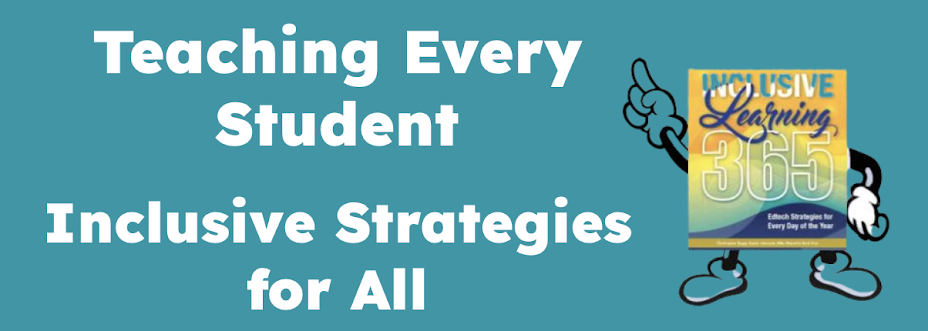This is an attempt to blog Alan's Keynote at a conference called, Teaching With New and Emerging Technologies: Frameworks, Strategies and Examples at Noble and Greenough School. Started off posing a question about searching for specific information - Turkey's reaction to the Pope's visit there. Our traditional google search would bring up information from United States media sources.
There is a grammar and syntax to the Internet. Has its own architecture for information.
Need to teach critical thinking!
Very hard to find a school or university that is teaching critical thinking. In his world, you wouldn't be able to teach with PowerPoint, SmartBoards until you learned how to teach critical thinking. We don't know, what we don't know and a study reported by the BBC showed that SmartBoard use actually led to lowered standards.
Think comprehensively.
Define the problem. Adding technology to our schools is not the problem. The problem is - Are we preparing our kids to compete that have a global work ethic? What does a global work ethic look like?
The irony, the unintended consequence of the development of the Internet is that every country now gets the Internet and can get a job without coming to the United States. The Internet is revolutionizing that you can live anywhere.
Go to the MIT Media Lab, how many Americans are there? We have a brain drain. Tells his daughter at Northeastern - get out and see the world, spend six months in London, Bangalore, Beijing. Understand the world.
Every classroom should be a global communication center.Every day that children come to school, they have to communicate with people around the world. Overseas, this is the reality but our size and power are preventing us from seeing what we need to do.
Stressed use of
SKYPE. Download Skype. Play with it. He uses it every day, avoids paying the phone company. Demos Skype.
He believes its presumptuous to have one teacher in a classroom. Model collaboration, develop your own world wide web. Invite other resources into your classrooms.
Skype is free. SmartBoards are very expensive. Put Skype in the classrooms and collaborate/communicate world wide. Record the conversation. Create Podcasts. Develop audio books read by grandmothers throughout the world. (Gave an example of a kindergarten student originally from India who was crying, missing her grandmother. Teacher used Skype to communicate with grandmother. GM read a story using Skype. Teacher recorded it and now it was always available.
If he was preparing students today for the AP history exam, he would give them the British view of the American Revolution. Kids have a great deal of difficulty understanding difference between fact and opinion.
The real revolution is not technology but information. So, you have to understand the grammar and syntax of the Internet. (160,000 facebook entries yesterday in Virginia. Our kids are going to the internet to make sense of the tragedy.)
He talked about the experience of finding British historians to engage in debate through Skype, podcast it - it's available for everyone.
Every classroom becomes a global communication system. Gave an example of reading The Great Gatsby. Find teachers in other countries who are reading it. Get their handouts. Find out the impact of that book and engage in global conversation.
No more tech - it's just a tool. It's really information and global communication.
Teaching is an isolated business culturally. They just close the door. Some teachers don't even have a telephone in their classroom in this country. Have to go to a third world country to find that.
Question from audience - how do we offer individual evaluation of students? We have to got to ramp up on assessment. Every teacher should have an iPod. But will they use it? Gave an example of student's poetry recorded. Immediate review is essential. The fact that it would be on the Internet caused the student to choose to improve his work. A paper and pencil task would have slowed down the opportunity for feedback and the student probably would not have corrected/improved/edited his work.
We have to teach students to have a global voice. Do the free stuff first. Every teacher should have a blog. You get so much more from your students.
Showed Darren's Pre-cal blog. And showed the ClustR Map - they have a global audience. Kids love an audience.
Showed Delicious - the work of the individuals is for the benefit of the whole. Social bookmarking should be in every classroom for the benefit of the students. (Get rid of ranking. Can't rank. It's a disincentive for the organization to succeed.)
Question from audience about teaching common language for searching the Internet. Takes about five hours to learn how search engines really work.
He's in love with GrammarGirl - iTunes Podcast. iTunes store>podcast>education>grammargirl.
Question - How to tie in these tools to foreign language instruction? He would have students evaluate the podcasts in the languages they learn. Require students to subscribe to three different podcasts and then evaluate the quality. Another idea - get music kids love and make recordings of classroom instruction. Kids will listen. Encourage students to listen to the most popular podcasts in the subject you teach.
Gave an example of foreign language class of authentic conversation. Each student would find a partner in another country and engage in conversation three times a week for about 20 minutes using Skype. Record the conversation. Rest of class would listen and review. Teacher doesn't have time to listen to every conversation. one student a day would share their conversation. Find classroom through ePals - the yellow pages for educators. Use Skype.
Showed video from Marco Torres' students who graduated. "Digital Blueprints."
Every school should have a podcasting team. Write job descriptions for kids. Teams of kids who have the technology skills.
We have underutilized our students. Showed his blog - Seton Hall Blog. "I will never teach again without blogs." Every student has a blog - blogging is about community. Created a group feed with RSS feeds from all student blogs. So each student has read each others' blogs prior to class and left comments.
It''s remarkably dangerous to ignore the ethics of technology, teaching the ethics of technology. Too much fear in this country.
Three things we
have to teach -
- Globalization - embedded
- Critical Thinking
- Self-direction - global work ethic, empowered Schools are designed to disempower students. We are blocking sites in a misguided attempt to control.


